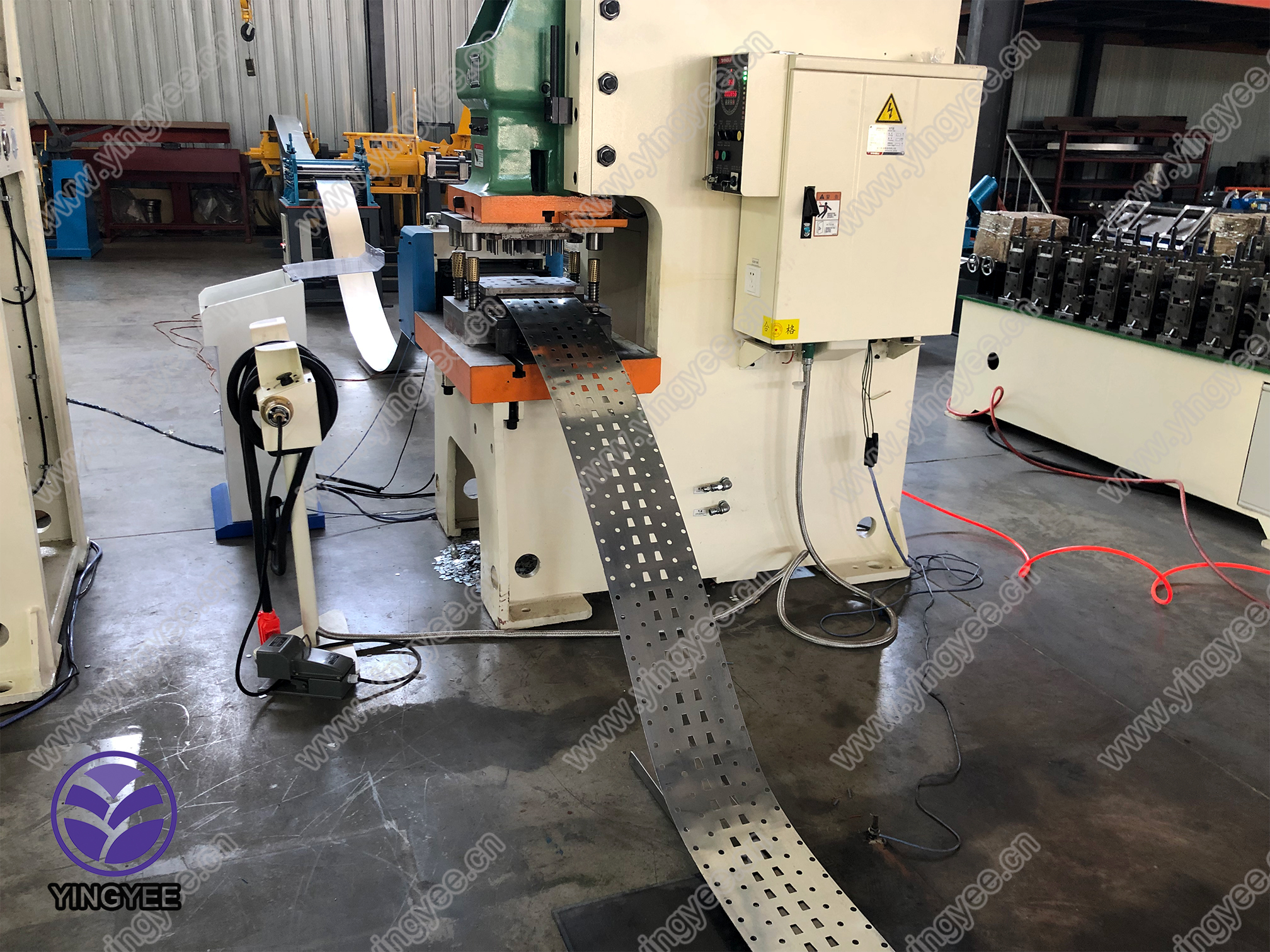
Understanding SGCC Steel Properties, Uses, and Advantages
SGCC steel, recognized for its durability and versatility, is a widely used material in various industries, particularly in construction and manufacturing. The acronym SGCC stands for The Japan Industrial Standard (JIS) G3302 for General Structural Use Hot-Dip Zinc-Coated Steel Sheets. This type of steel is characterized by its zinc coating, which significantly enhances its resistance to corrosion, making it an ideal choice for many applications.
Properties of SGCC Steel
SGCC steel is primarily made of low-carbon steel, which affords it a good degree of ductility and formability. The material is hot-dip galvanized, meaning it is coated with a layer of zinc through a process in which the steel is submerged in molten zinc. This process provides the steel with a protective barrier that prevents rust and extends its lifecycle. The minimum yield strength of SGCC steel is typically around 250 MPa, and it can be further enhanced through various treatments and processing methods.
One of the notable characteristics of SGCC steel is its excellent mechanical properties. It boasts high tensile strength, allowing it to withstand significant stress and load without deformation. Additionally, its corrosion-resistant properties make it suitable for outdoor applications where exposure to the elements is a concern.
Applications of SGCC Steel
SGCC steel is extensively used in various sectors due to its desirable properties. In the construction industry, it is commonly utilized for building frames, roofs, and walls. Its lightweight nature combined with its strength makes it an ideal choice for structures that require both stability and flexibility.
In the automotive sector, SGCC steel is often used for manufacturing body panels and components. The corrosion-resistant qualities of the material ensure that vehicles can withstand harsh environmental conditions, thereby enhancing their longevity and performance.

Moreover, SGCC steel is frequently found in household appliances such as refrigerators, washing machines, and air conditioners. Its aesthetic appeal, combined with its functional properties, makes it a suitable choice for manufacturers looking to produce durable and appealing products.
Advantages of SGCC Steel
The significance of SGCC steel lies not only in its physical properties but also in the numerous advantages it offers. One major benefit is its cost-effectiveness. While the initial investment in SGCC steel can be slightly higher than non-coated alternatives, the long-term savings associated with reduced maintenance and replacement costs make it a wise economic choice.
Another advantage is the ease of fabrication and installation. SGCC steel can be easily cut, bent, and shaped, allowing manufacturers to produce a wide range of designs and products. This flexibility reduces lead times and enhances production efficiency, making it a popular choice among manufacturers and builders alike.
Additionally, SGCC steel contributes to sustainability efforts. Its durability reduces the need for frequent replacements and repairs, minimizing waste in landfills. Furthermore, the recycling potential of steel means that products made from SGCC steel can be repurposed at the end of their lifecycle, promoting environmental conservation.
Conclusion
In summary, SGCC steel is a highly valued material in the construction and manufacturing industries, appreciated for its strength, corrosion resistance, and versatility. With a wide array of applications and significant advantages, it serves as a reliable choice for businesses looking to enhance their products and structures. As technological advancements continue to evolve, SGCC steel is likely to remain at the forefront of material science, driving innovation and sustainability in various sectors.